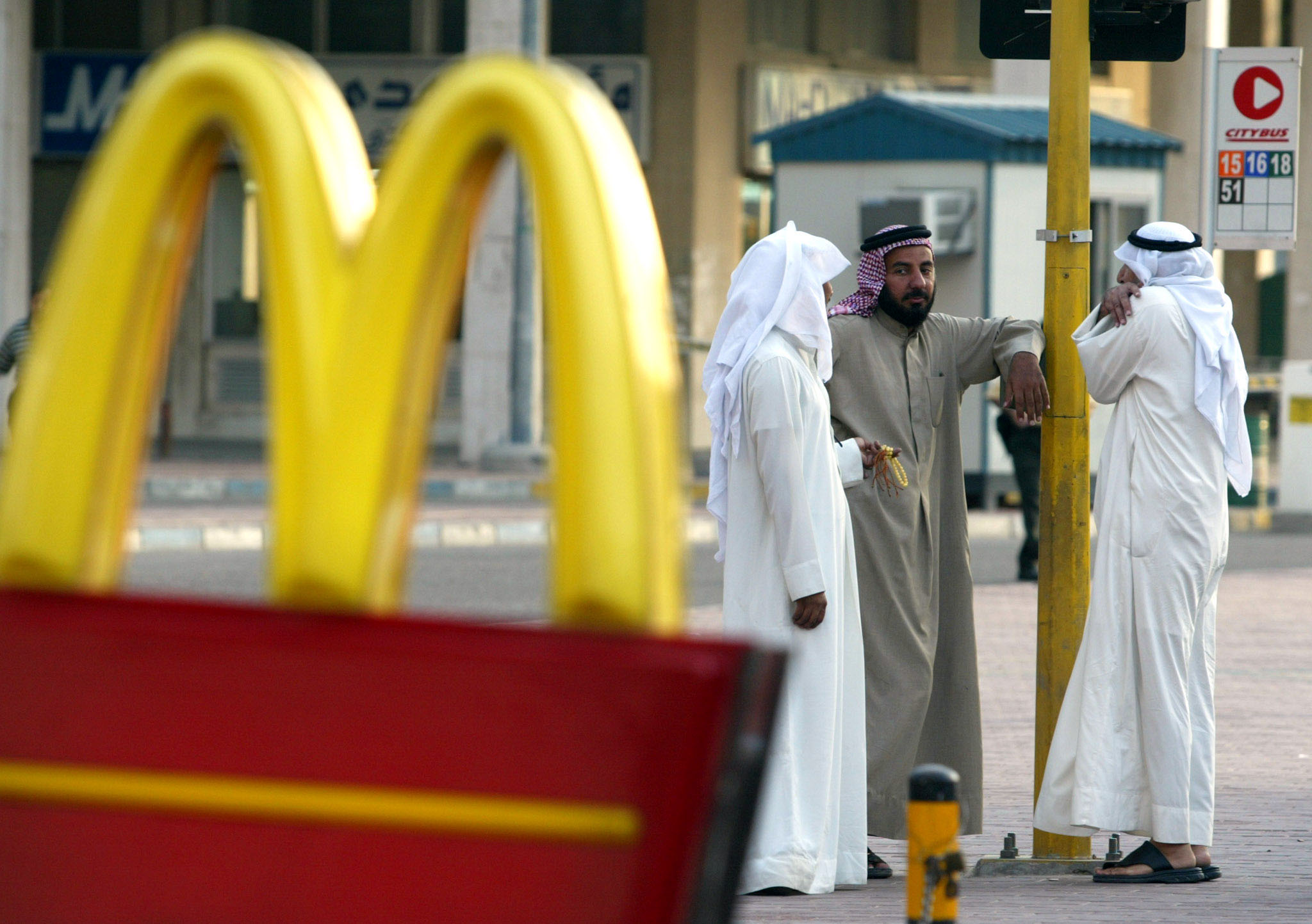
McDonald’s has cited Israel’s war in Gaza as a factor in the fast food giant missing its first quarterly sales target in nearly four years.
McDonald’s CEO Chris Kempczinski said on Monday that the war had had a “disheartening” effect on sales in Middle Eastern countries and other Muslim-majority nations such as Malaysia and Indonesia.
“So long as this conflict, this war, is going on … we’re not expecting to see any significant improvement in this,” Kempczinski said in a conference call.
“It’s a human tragedy, what’s going on, and I think that does weigh on brands like ours.”
Sales growth for the fast food chain’s division for the Middle East, China and India during October-December reached 0.7 percent – far below market expectations of 5.5 percent.
The slump comes after customers in Muslim countries called for a boycott of McDonald’s in response to its Israeli franchisee donating thousands of free meals to the Israeli military.
Following the announcement by McDonald’s Israel, franchisees in Saudi Arabia, Oman, Kuwait, the United Arab Emirates, Jordan, Egypt, Bahrain and Turkey distanced themselves from the donations and collectively pledged millions of dollars in aid to Palestinians in Gaza.
While Chicago-based McDonald’s is known as one of the most iconic US brands, most of its restaurants worldwide are locally owned and operated.
Kempczinski said last month that the war and “associated misinformation” was having a “meaningful” effect on business in the region.
McDonald’s is among a number of Western brands that have been hit with boycotts due to their perceived support for Israel.
Last week, cafe chain Starbucks slashed its annual sales forecast, citing a slump in business in the Middle East.
Despite its flagging fortunes in Muslim countries, McDonald’s posted relatively strong results overall, with global sales growing 3.4 percent, compared with 8.8 percent in the previous quarter.
“We remain confident in the resilience of our business amid macro challenges that will persist in 2024,” Kempczinski said.







